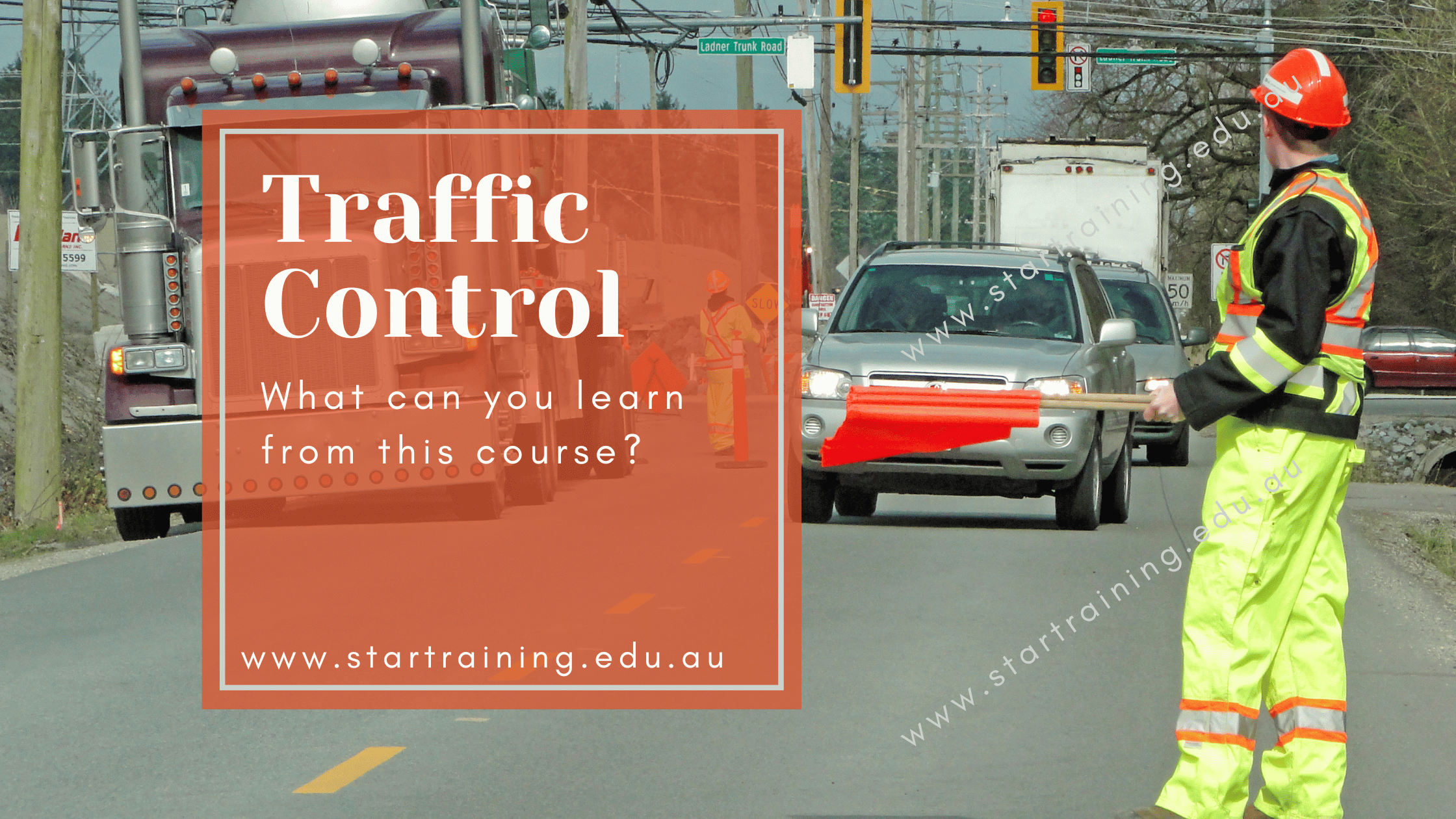
Security guards who have received Star Training Academy training are authorised to perform searches and security-maintenance screenings. To guarantee that they are used properly and equitably, these powers are, nevertheless, subject to rules and regulations. Under NSW legislation, the following are some essential components of security officer search and screening procedures:
Authority: When security measures are judged necessary, security officials have the right to search and check everyone accessing specific locations or events.
Consent: Before conducting a search, security personnel are typically required to get the subject’s permission. The person is free to decline consent, but doing so could prevent them from being allowed admission into the building.
Search Methods: Security personnel may employ a range of search techniques, such as pat-downs, bag inspections, and the deployment of portable metal detectors. These techniques, which are intended to identify weapons or forbidden goods, are often non-intrusive.
Private Spaces: Unless there is a compelling reason to do so, searches are normally restricted to public locations and may not include a person’s personal property or belongings.
Professional Conduct: In order to protect a person’s privacy and dignity during a search, security personnel are obliged to act professionally and respectfully.
Prohibited Items: The main responsibility of security personnel is to locate and stop the admission of objects that are prohibited, including weapons, potentially harmful objects, illegal substances, and items that could endanger public safety.
Privacy Considerations: Any personal information gathered during a search should be treated with confidentiality, and search operations should be carried out covertly.
Recording: To ensure accountability and openness, certain security operations may record or document the search procedure.
Legal Rights: People are entitled to information about the purpose of the search, the name of the security guard, and whether or not the guard is associated with the business.
Redress: A person has the right to notify the appropriate authorities of a search as soon as they believe it was done unlawfully or in violation of their rights.
Star Training provides security officers with training that teaches them to respect people’s rights, obey the law, and keep a safe environment. See the appropriate authorities or legal resources if you need specific information about security search and screening protocols in a certain situation.
Certificate II in Security Operations
Star Training Academy is an approved training provider for this course in New South Wales. Training schedules are posted on the website and more information is available by phone (+61 02 9897 5622) and on-campus (27A South Street, Granville NSW 2142) enquiry.




